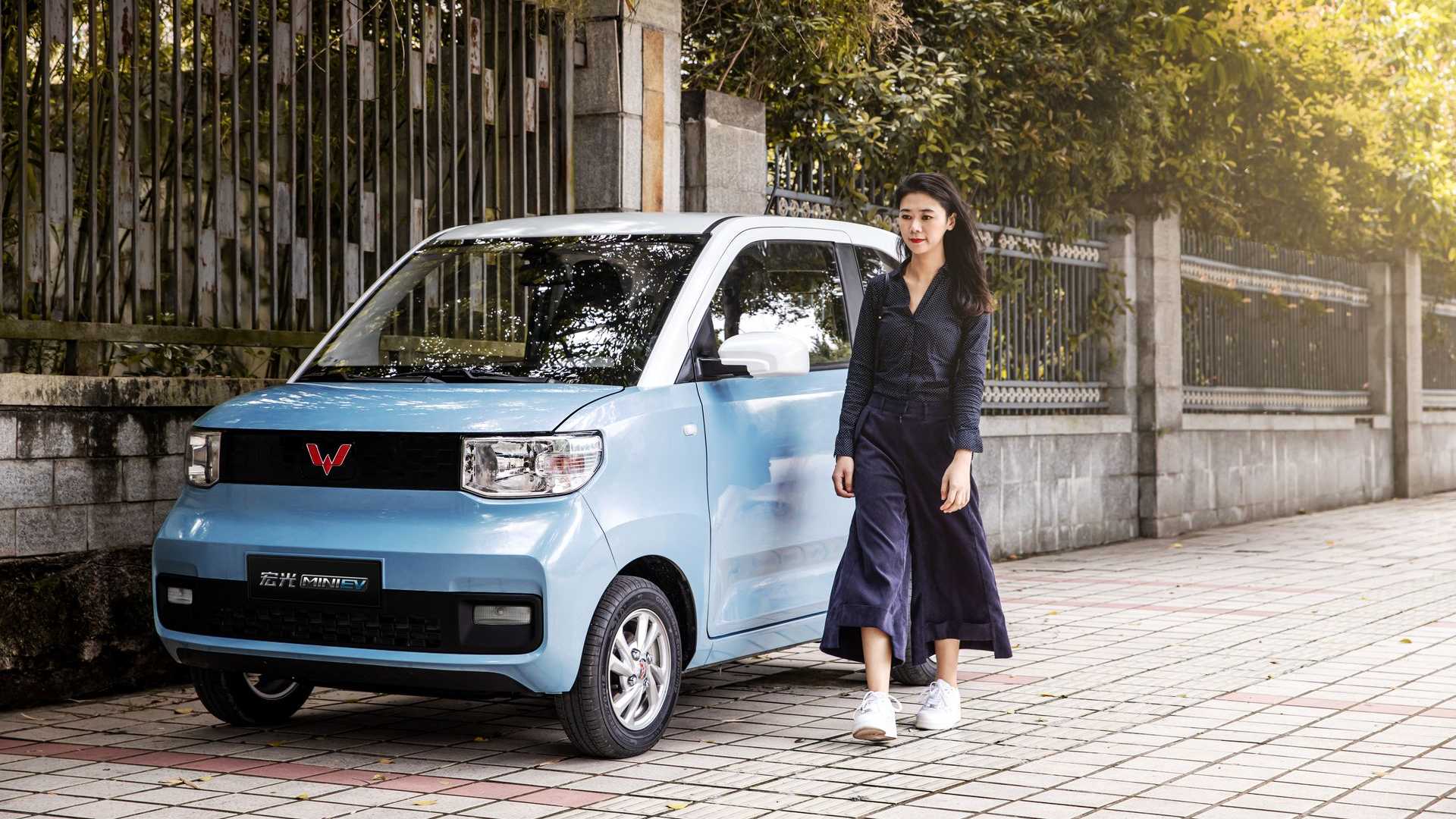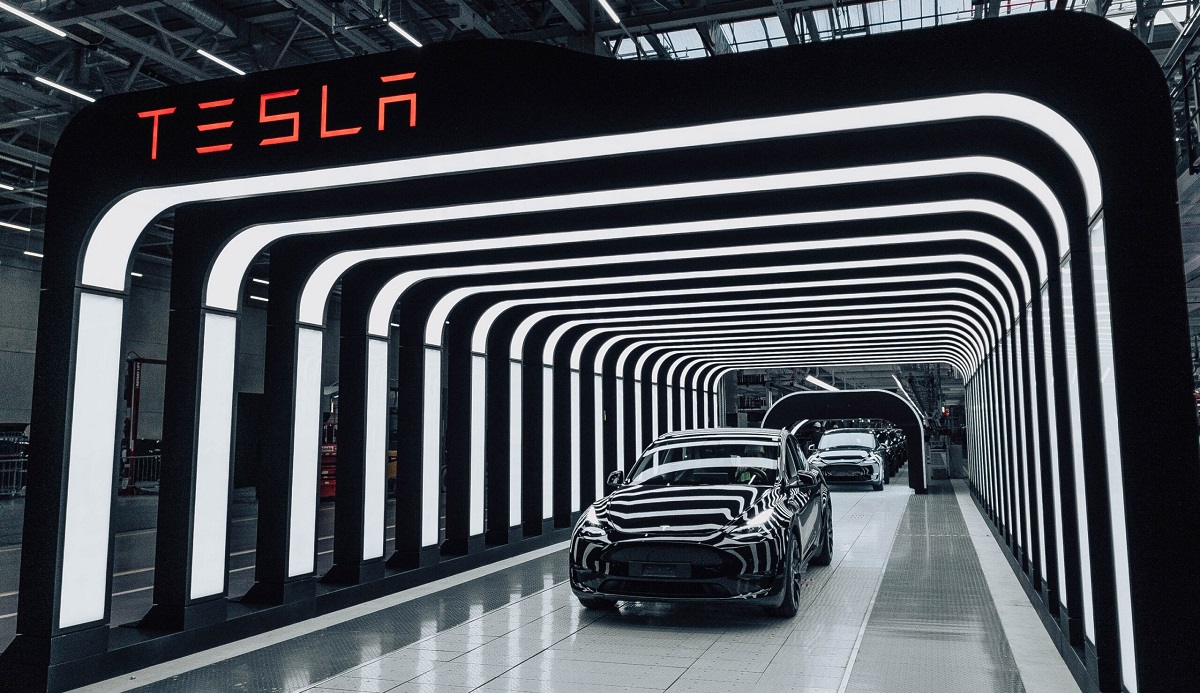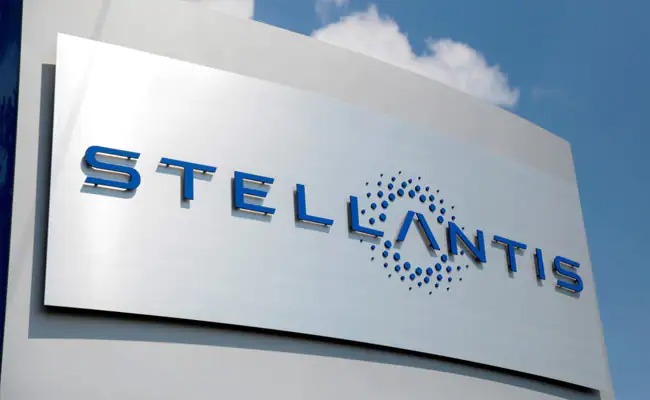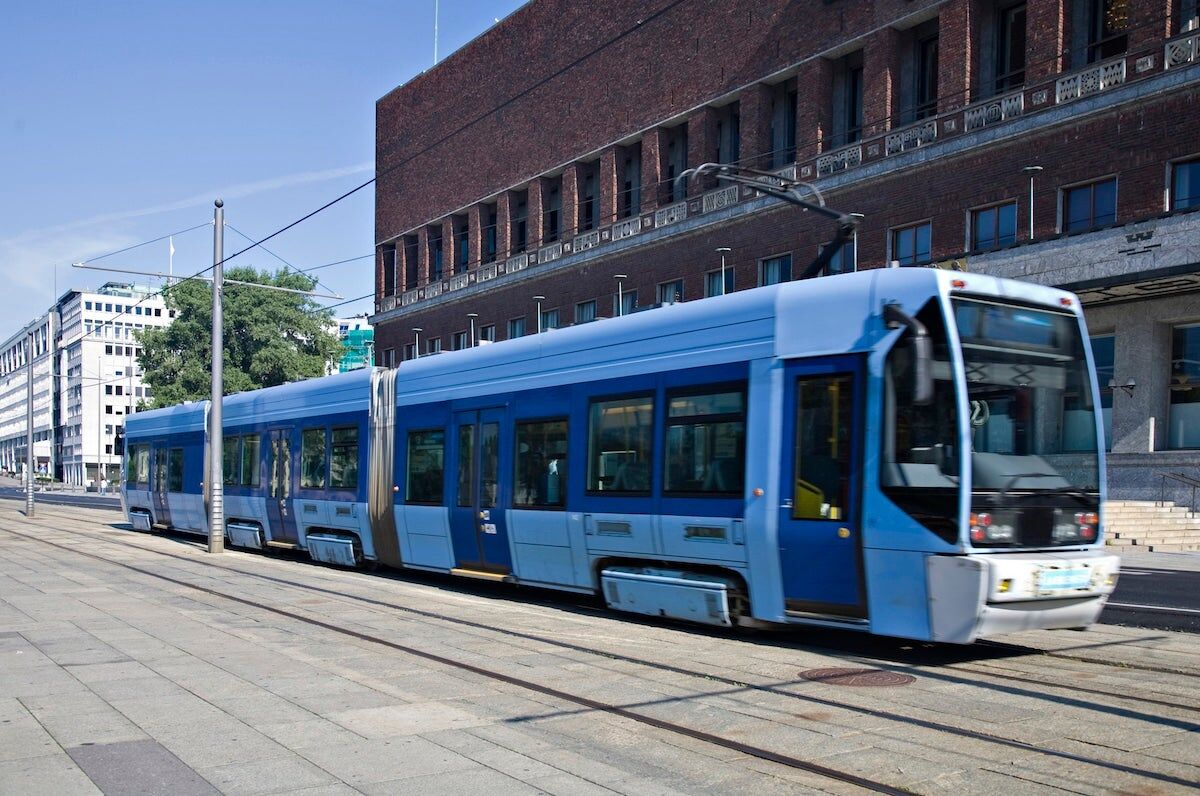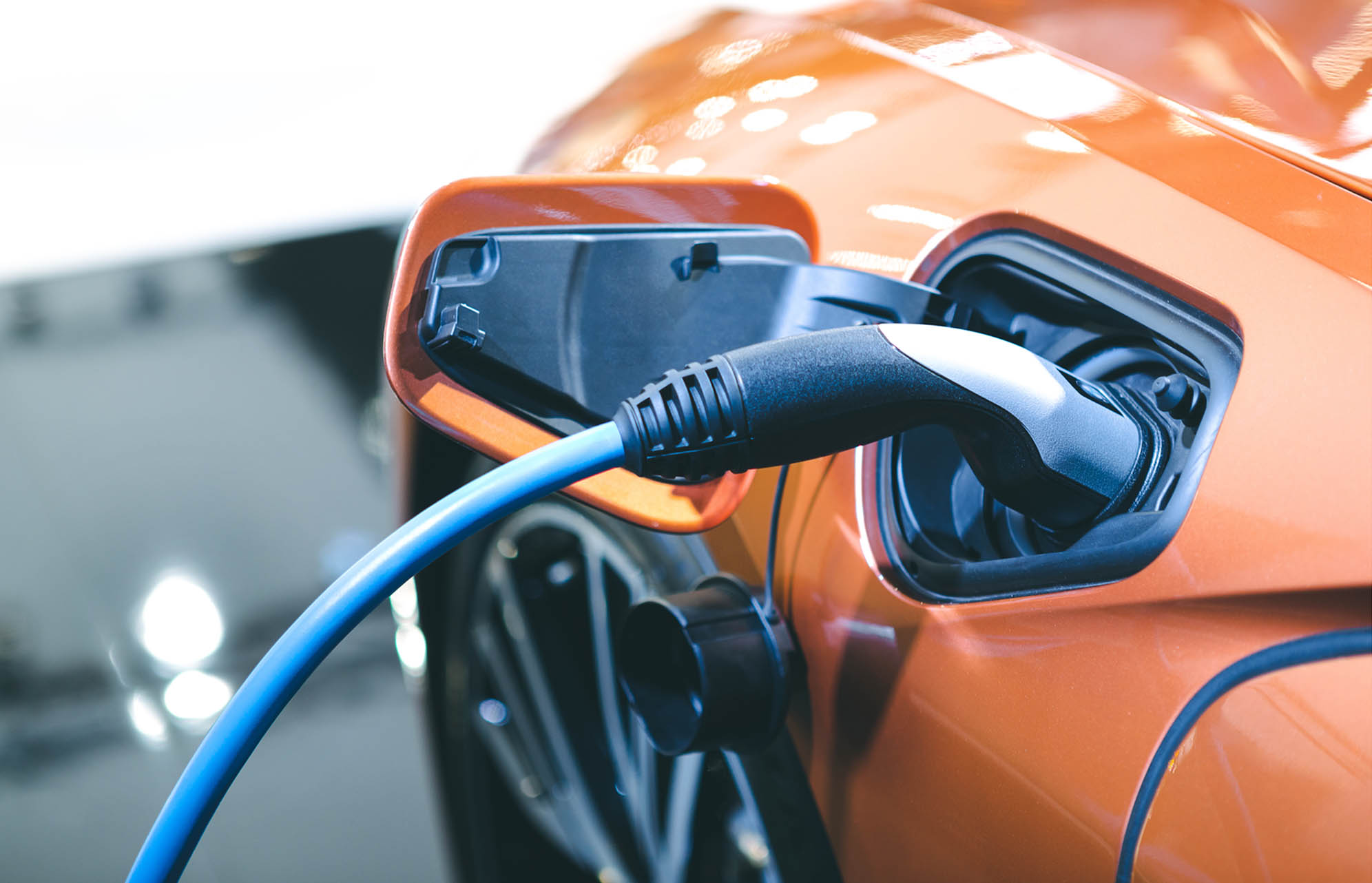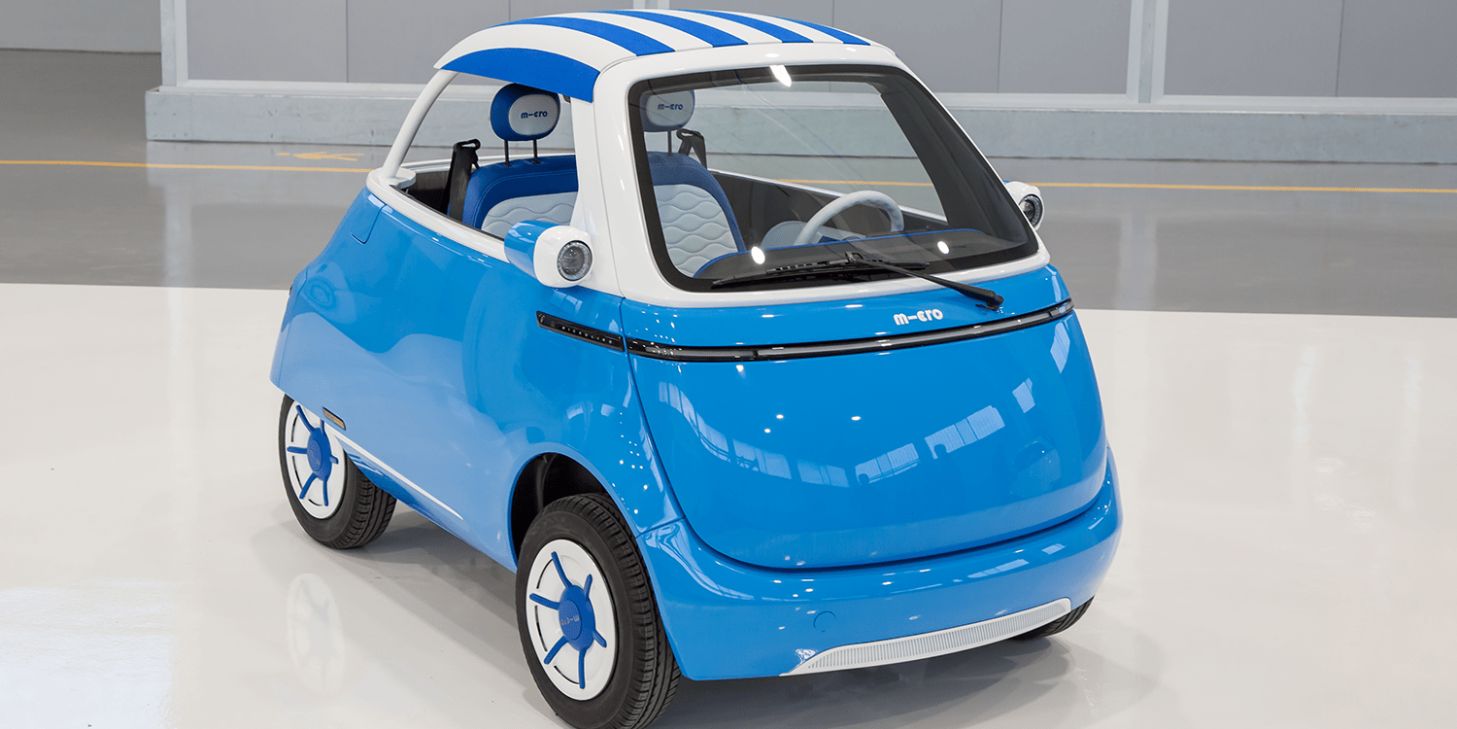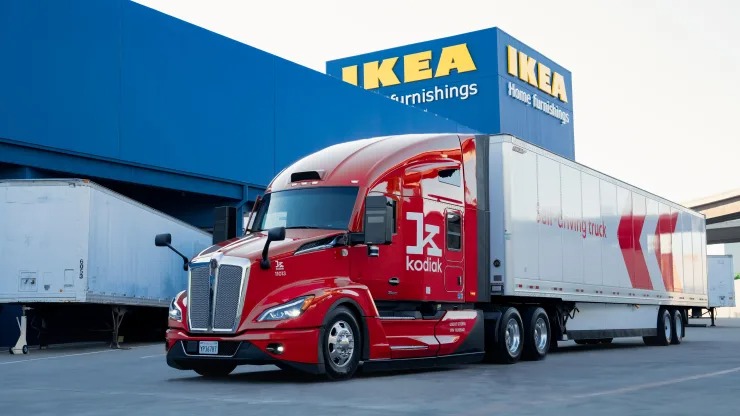Former Volkswagen executive, Herbert Diess, said that consumers in China prefer electric vehicles from local brands to foreign-made brands, such as from European or US brands.
Launching from China Daily, Tuesday (18/10/2022), Edward Wang, managing director of syndicated research at J.D. Power China, said that electric vehicle manufacturers from China are more aware of what local customers want. Local electric vehicle manufacturers will also be quicker to adopt new technology because they are always open to new ideas.
For example, international automakers that are joint ventures based in China usually have to follow schedules set by their overseas headquarters. This means that when their latest models hit the market, the models and features of international car brands are not new to Chinese buyers.
The popularity of electric vehicle manufacturers in China is far greater than the standard karaoke function. For example, the Y Plus model vehicle launched last month by local brand Aion offers ambient lighting that changes to the rhythm as passengers sing along to karaoke in the SUV.
This model has a projection screen and front row seats that fold completely to rest passengers’ legs, so they can watch movies in the comfort of home. They can even select the movie they want to watch from a wide selection by making a hand gesture.
A facial recognition feature that can gauge the driver’s mood, and recommend appropriate music. This feature can also notify the driver if he feels tired. Parking skills are no longer a concern, as the vehicle can park itself if the driver is within six meters of it.
For all these features, this vehicle model costs thousands of dollars less than the Volkswagen ID. Volkswagen whose infotainment and navigation functions are not so easy to use, according to company employees. Xiao Yong, vice president of Aion, expects monthly sales of the Aion Y Plus to exceed 20,000 units, roughly equivalent to the total sales of the three ID models produced by the two China-based Volkswagen combined companies.
A vehicle function similar to that of the Aion Y Plus model is a function so common in electric vehicles (EVs) from China that local customers take it for granted. This explains why they are flocking to buying cars from domestic car makers.
Yale Zhang, managing director of consulting firm Automotive Foresight, said, “Electric cars that are designed and built like gasoline-fueled cars are good in every way, but only to the extent that they are good, there are no outstanding functions, and such a car will not sell. ”
Zhang said that was especially true in the Chinese market, where automakers compete to deliver models with futuristic features such as large screens, facial recognition and powerful computers.
He said that to explain why the Volkswagen ID series was popular in Europe, but not quite as popular in China. “Buyers in Europe are usually more traditional, and they have better brand loyalty. In China, consumers value new technology when it comes to electric cars,” Zhang said.
Many global automakers view electric cars (EVs) as vehicles powered by batteries, and the handling possibilities are similar to gasoline cars, this view is also a result of customer demand in European countries.
But Chinese automaker Aion defines electric cars (EVs) as digital devices on wheels. They tend to emphasize the number of sensors used in a model, how smooth and natural the dialogue between the driver and the vehicle is, and how easy it is for the vehicle to park itself in a confined space.
Such an approach has a lot to do with what customers want, and Chinese car buyers are demanding new features as well as wanting to experience new technology.
In a study last year, Stanford University ranked China second for the global artificial intelligence spirit, after the United States, while Germany ranked seventh, and Japan 13th.
Volkswagen launched its first EV model in China last year, Honda’s first EV hit the Chinese market in June, and Nissan entered in September 2021, and Toyota followed suit on October 10, 2021.
Stephan Woellenstein, who left his position as CEO of Volkswagen in China in July, said Europe was the market leader in the era of internal combustion engine vehicles, but could no longer do so in the era of electric vehicles.

